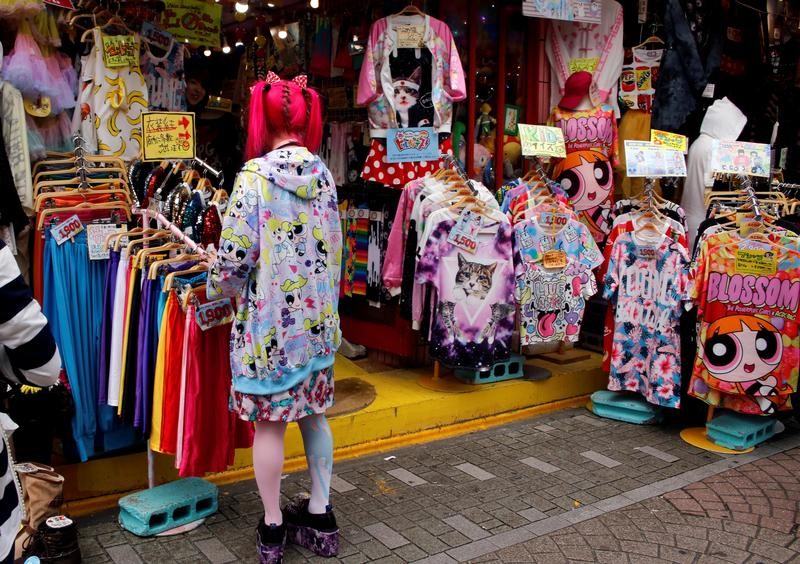(Bloomberg) -- Japan’s key consumer prices fell at a slower pace in March for an eighth straight month of declines as pandemic-related business restrictions weighed on activity, underscoring the challenge the central bank faces as it tries to revive inflation.
Consumer prices excluding fresh food edged down 0.1% from a year earlier, after a 0.4% decline in February, with smaller falls in energy costs helping narrow the drop, the ministry of internal affairs reported Friday. Economists had forecast a 0.2% decrease.
Key Insights
- Prime Minister Yoshihide Suga has recommended placing Tokyo, Osaka and other areas under another state of emergency due to rising infection cases. Prices may face additional weakness if consumer activity is further limited as a result of tougher restrictions.
- Inflation remains well below the Bank of Japan’s 2% target after the pandemic pushed prices in the opposite direction. With the likely time frame for achieving the goal pushed further into the future, the BOJ tweaked its stimulus framework last month to make it more sustainable, a move some economists saw as a step toward policy normalization.
- The central bank is set to update its growth and price forecasts on April 27 and they are likely to show for the first time that the BOJ won’t achieve its inflation goal during Governor Haruhiko Kuroda’s current term.
What Bloomberg Economics Says...
“Looking ahead, we expect core inflation to come back to around 0% in April due to base effects of energy prices, which fell sharply during the first virus wave last spring. But renewed virus-containment measures in April will probably keep a damper on inflation.”
--Yuki Masujima, economist
For the full report, click here.
Get More
- Excluding fresh food and energy, prices rose 0.3%, matching a forecast by analysts.
- Overall consumer prices fell 0.2%, in line with economists’ consensus.
©2021 Bloomberg L.P.
